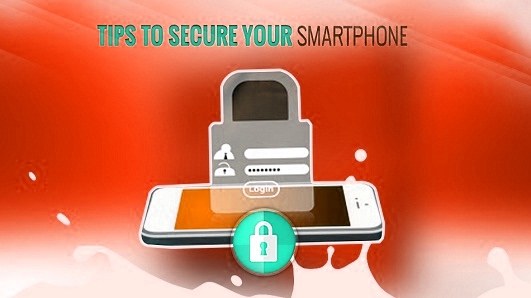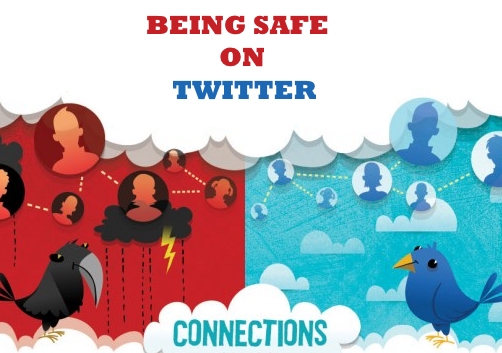Which type smartphone user are you? Expert or novice – everyone should be aware of the latest scams and tricks that hackers and cyber criminals use to get your personal details and attack your smartphone.
Are you the sort of person who uses every last feature on your smartphone, or do you only use it for calls, emails and text messages? See if you can recognize yourself in the following five types of smartphone user, and how you can protect yourself from hackers and malware.

1. The Unaware: You use a smartphone because you have been urged to do so by your boss or children, but in reality, you are probably better off with a traditional mobile phone. You cannot manage to familiarise yourself with the functions, which means you only use your phone for calling, texting and to send emails. And lastly, you don’t download apps unless you are guided through the process.
2. The Minimalist: You are happy with your phone and use it for the most basic things. You download apps every once in a while, but only the most necessary ones such as WhatsApp, Skype and Facebook. You keep the smartphone until it breaks and you’re not particularly interested in the latest phones.
Security advice: Both the Unaware and the Minimalist should be extra careful when tapping on links in emails and text messages. Both groups are not as aware as more advanced users to know whether it is malware or not. It is often these two groups who do not have pass codes on their phones because they think it is a little too difficult or inconvenient, which just means they are more vulnerable if they lose their phones.
3. The Enthusiast: You find it hard to be without your phone. All your pictures are on it, most of your communication happens through it and you are download plenty of apps, so that you can get even more out of your phone. You play games (maybe even with the people around you), shop online and transfer money with mobile banking.
Security advice: Enthusiasts need to be extra careful when downloading apps. Always read reviews in the app stores before installing anything. If there are no comments or star ratings, make sure you do further research about the app on the internet. Plus, don’t use mobile banking in public places with unsecured Wi-Fi. Even if you think your apps are using a secure connection, there’s more of a risk on a public network that a hacker will be watching.
4. The Obsessive: Your phone has become an extension of your arm, both at home and at work. You use it for everything and continue to explore new features and apps in order to make it even more powerful. You have extensive technical knowledge of how your phone works and demand high level of safety.
Security advice: Obsessive smartphone users often install antivirus protection on their device so that they can detect, block and back-up the phone if anything should happen. Of course even Obsessive types should be wary of potential Wi-Fi hotspot risks: man-in-the-middle attacks are getting increasingly widespread on public networks. Here, an attacker can interfere and manipulate with the information that transfers from your phone to the network.

5. The Pro: You often replace your smartphone with the latest model to get the newest technology. In order to get the maximum from you phone, you delete or hide several of the phone’s default programs in order to install replacements that work exactly the way you want them to. You might even root or jailbreak your smartphone in order to run apps and use other functions that aren’t otherwise available.
Security advice: Even Pro users might not be aware that jail breaking and rooting opens their smartphone’s SSH port. This means there’s the potential for anyone to connect to your handset and steal or add data. Pros often install unauthorised third-party apps which are free, but these can easily add malware to your phone. If you’re a Pro user and aren’t already doing so, you can use a mobile VPN-service (virtual private networks), which allows you to connect to your home network when you’re out and about. This uses encrypted channels so that hackers (or anyone else) aren’t able to track your online activities.
No matter what type of smartphone user you are, you should make sure you have the basic security measures in place:
1. Get a password on your smartphone. Preferably use one consisting of both numbers and letters – not just a swipe pattern which can be easy to see from greasy smear marks.
2. Read reviews and comments before downloading an app. If it has none then stay away.
3. Read the terms and conditions carefully before you approve and start downloading an app. Look at what it wants permission to do. For instance, there should be no need for a puzzle game to get access to your messages and location.
4. Consider whether you would benefit from an antivirus program that can track your phone, block it and make back-ups if you lose it.
5. Beware of public Wi-Fi hotspots. Free airport Wi-Fi might be tempting, but make sure you don’t use it for any transactions where your personal information could be sent.
6. Be careful with apps from unauthorised app stores, as they can easily contain malware. The same applies to adverts in free apps.
![]()






